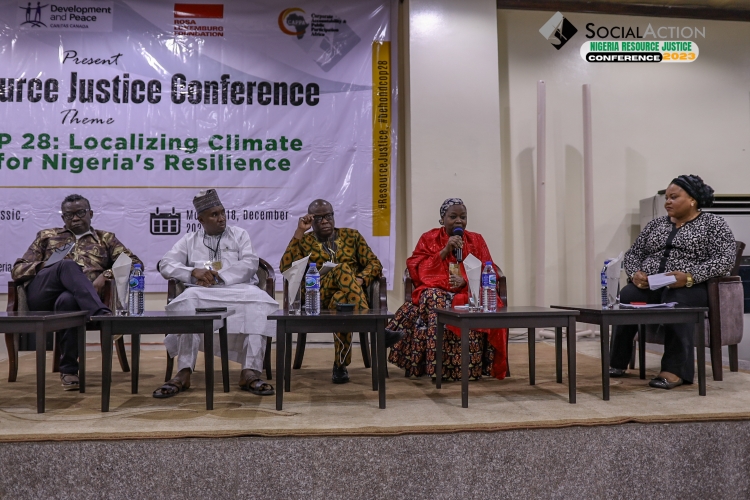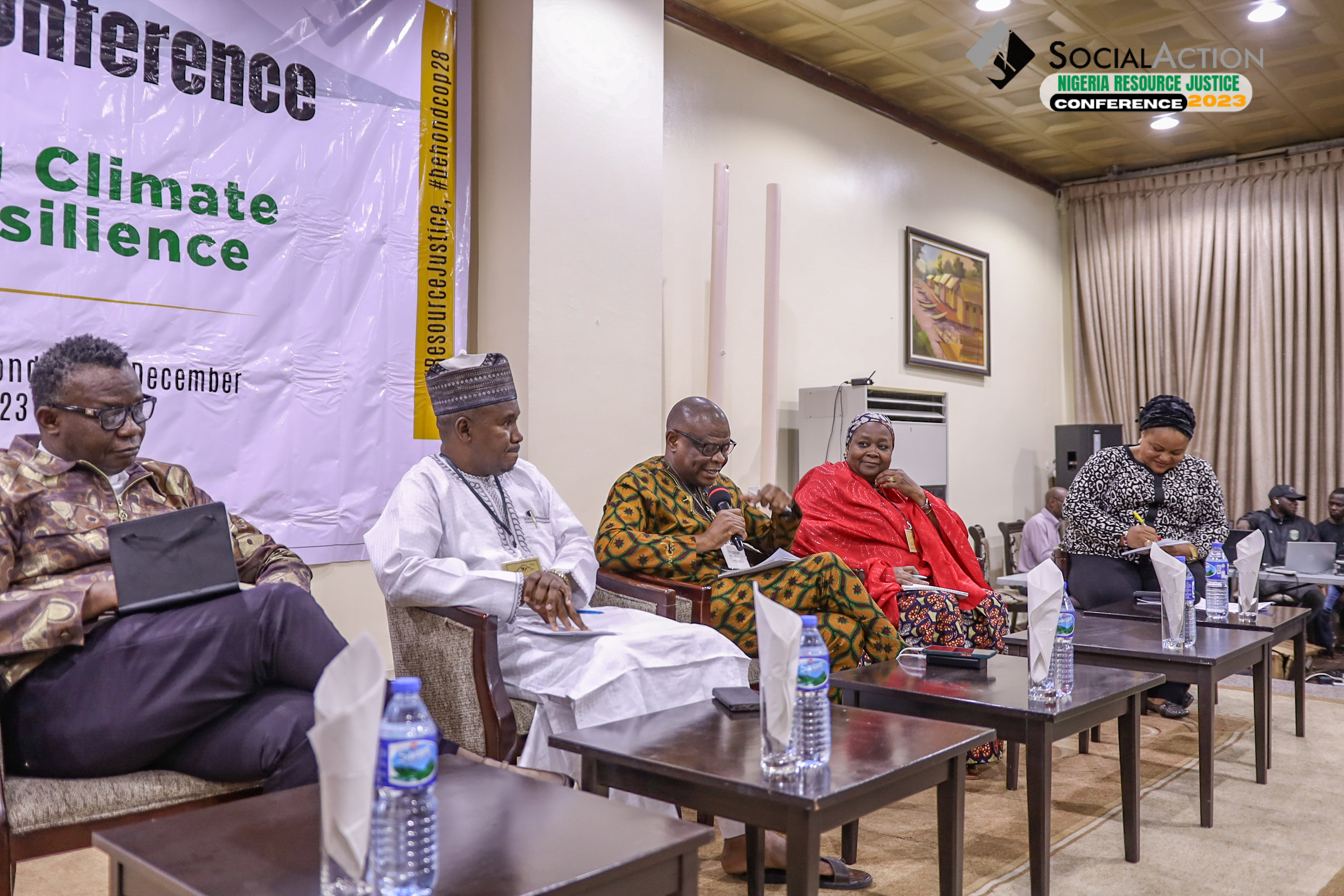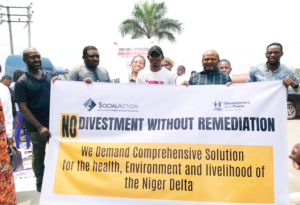Addressing Climate Change: Enhancing Civil Society Engagement and Political Economy Strategies
Discussion by third panel session at the Nigeria Resource Justice Conference 2023
How do we effectively tackle the challenges and seize opportunities to formulate strategies that mitigate the impacts of climate change? One critical aspect is evaluating the extent of engagement from civil society. While civil society endeavours to contribute, it grapples with issues of conflicting interests and unnecessary checkmating. A more complementary approach, focusing not just on criticism but on active problem-solving, is crucial. The challenge lies in ensuring that civil society actively delves into the implementation of policies and the identification of problems, even if it involves navigating inherent dangers.
A key strategy in navigating the political landscape of climate action lies in adopting a Political Economy narrative. The disconnect between the government and the people, especially in reaching agreements, poses a significant hurdle. It is imperative that negotiations and decision-makers involve individuals committed to the cause. Recognizing the inherently political nature of climate issues, the concept of a “just transition” and the pursuit of climate justice become foundational. Linking civil society with membership-based organizations enhances collaboration, and community-based programs are essential, given that the impact of climate change is inherently community-based.

·
·
·
In which areas can civil society play a pivotal role?
- Community-Based Communication: Making climate change issues community-based involves communicating in languages that communities understand. Gathering feedback from these communities and presenting it to the international community ensures a bottom-up approach. This approach challenges the conventional top-down decision-making process, ensuring that the concerns and experiences of local communities are not overshadowed.
- Building a Movement: Initiating a movement around climate change issues is crucial. Relying less on foreign donors and engaging with local communities is vital. Civil society needs to conscientize community members about the real dangers and issues related to climate change, fostering trust and a long-term commitment to sustainable solutions rather than short-term gratification.
- Inclusive Engagement: Recognizing that everyone is involved in the fight against climate change is crucial. This involves promoting inclusivity in decision-making processes and ensuring that diverse voices are heard. By fostering collaboration among different segments of society, civil society can contribute significantly to the effectiveness and legitimacy of climate action initiatives.
In conclusion, as civil society navigates the complex landscape of climate change, a shift towards more collaborative, community-centric, and politically savvy strategies is imperative. By actively engaging with local communities, fostering inclusivity, and building movements that resonate with the realities of climate change, civil society can play a pivotal role in ensuring that climate agreements are not only reached but also effectively implemented from the bottom up.





